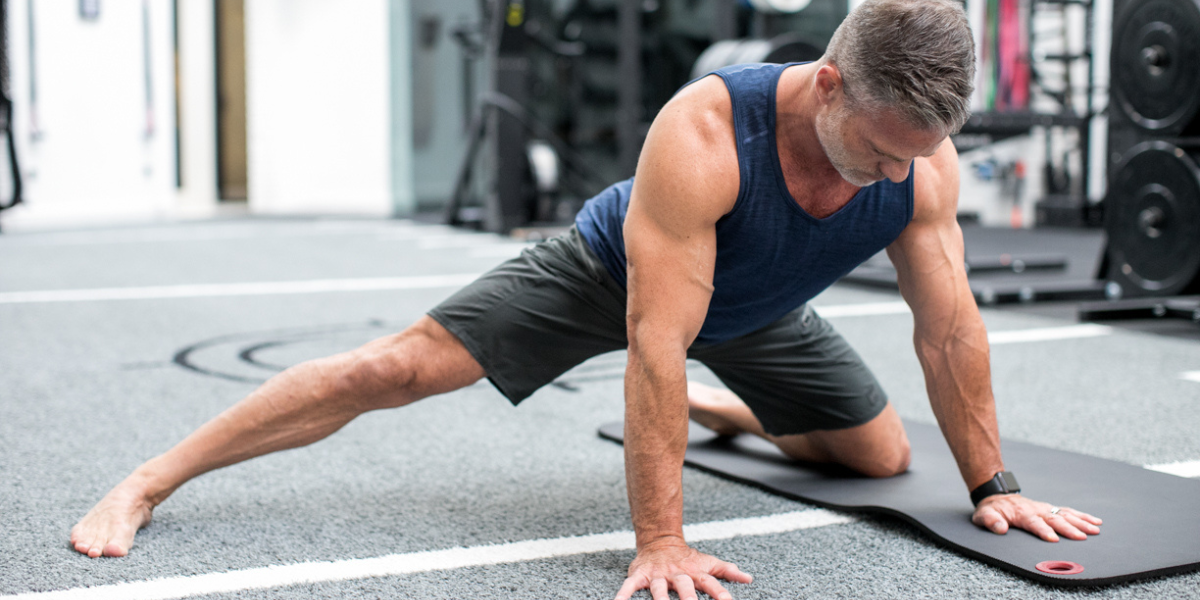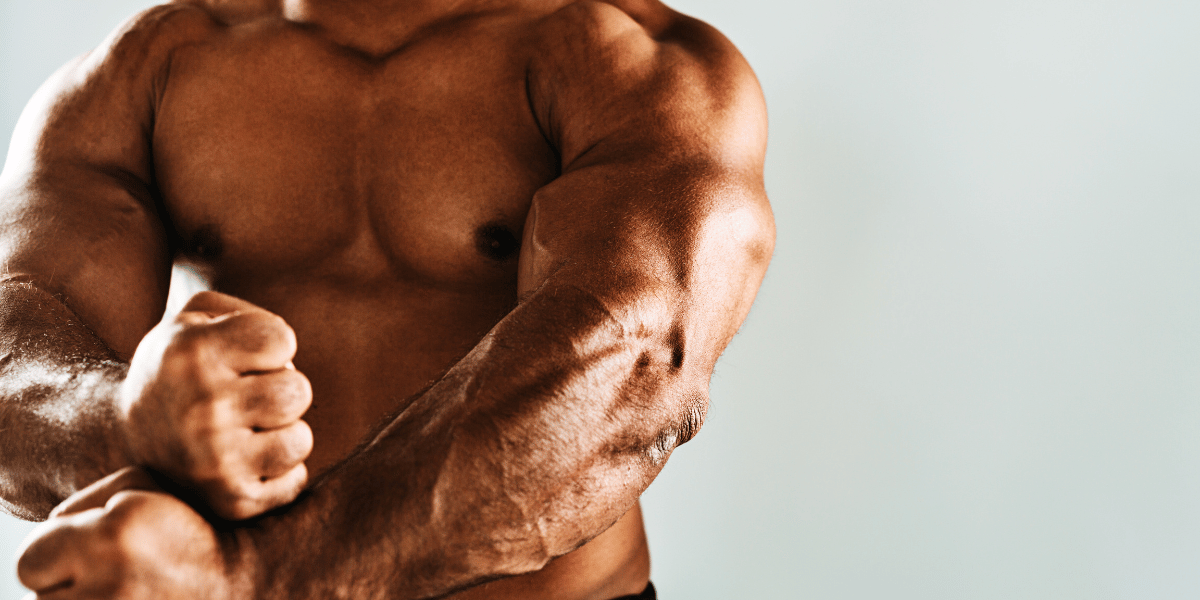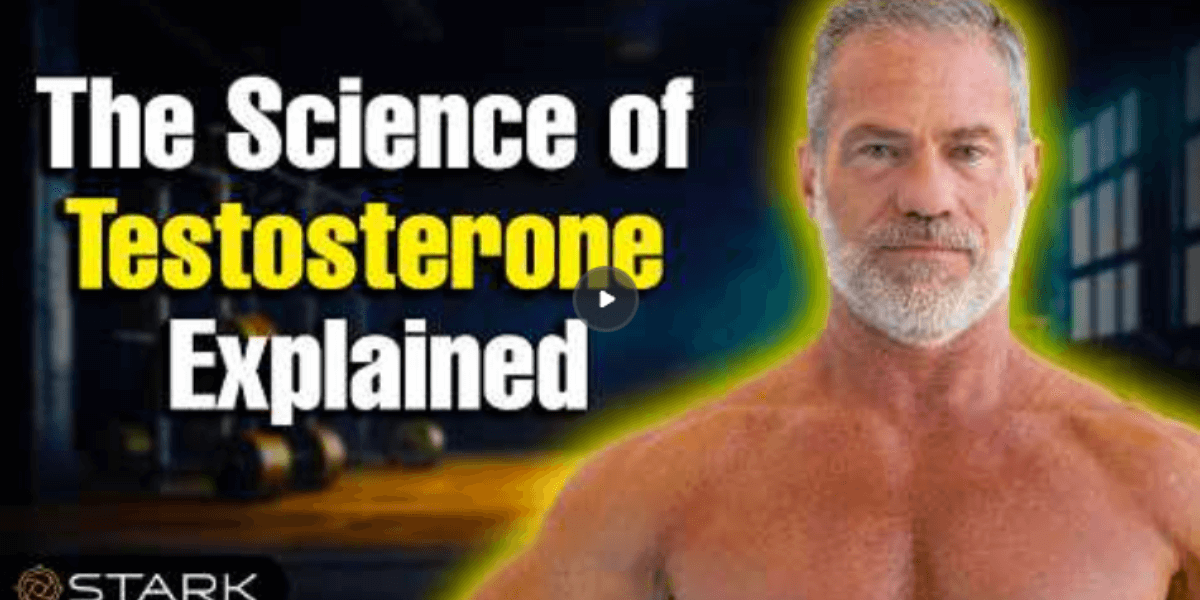CEO Todd Vande Hei: From Dad Bod to Fit at Fifty
Here's I got rid of the dad bod.
.png?width=70&height=70&name=Stark_LogoMark%20(1).png)
Let me start with a common misconception: going on "the juice" will get you jacked. "The Juice" is a frequently misused term, including the aggressive chemistry experiment conducted by professional bodybuilders and Testosterone Replacement Therapy, replacing the testosterone your body once produced naturally. Not only are the protocols different, but so are the body composition and health implications. If you want to shed fat and gain muscle, having your hormones optimized is an important, but non-crucial tactic. But as a mono-treatment (magic bullet), it's not very effective, or at least that's what we see at Stark. The most powerful tools to achieve your health and fitness goals remain the complex, drawn-out solutions: exercise, nutrition, and lifestyle. And in my opinion, Testosterone Replacement is too big of a commitment for the hope of an aesthetic change, alone.Here are my reasons for starting TRT at the end of 2017: I was tired all the time, I was sore all the time, joint pain was increasing as was my ability to focus. The same story was told in my labs: total Testosterone of 280 and Free Testosterone as low as 3. But the most important consideration was surrounding new research showing that low testosterone in men leads to long-term problems with cognition and cardiovascular health risks. The natural solutions applied over the preceding twelve months included meditation, eating nearly perfectly, a training program not too taxing, lots of mobility work, and getting eight hours of sleep every night. After having experienced the contrast between "Low T" and optimal levels, I regret not having agreed to the therapy sooner. However, I hated the thought of starting a life-long therapy with needles, so I fought and struggled through the symptoms. At fifty, with the advice of my doctor, it seemed like the timing was right.
On a related note, it's common where I live for Primary Care Physicians to scare their patients away from this kind of therapy; it's just as common to under-treat out of fear of hurting the patient. Here's some research on that topic that largely influenced me and my decision when it was released:
https://www.sciencedirect.com/science/article/abs/pii/S0960076006002743?via%3Dihub
http://ascopubs.org/doi/abs/10.1200/JCO.2017.35.6_suppl.33The following is from a journal I kept on my replacement experience and what it's like to go from total Testosterone levels of 280 to 1,100 and Free Testosterone levels of 3 to 25. . . .
We are presently adding HCG to my therapy, in addition to .33 ml sub-cutaneous injections of Testosterone Cypionate and Anastrozole to prevent converting testosterone to estrogen (that conversion, apparently, can be quite dangerous and should be monitored). The purpose is to come off of TRT (testosterone replacement therapy) for a month. HCG re-establishes the connection between my brain and my testes, telling my testes to start producing its own testosterone, again. The other result is that they grew back! Because our brain has lots of testosterone receptors (which is why it works so much better when I have proper hormone levels), my doctor thinks is a good idea to stop therapy once every 18 months for a month to give those receptors a break.
During that month, I expect to go back to my previous physiological self. I'm not looking forward to it! One minor detail: do not take this article as medical advice.

Here's I got rid of the dad bod.

Hormones are powerful molecules producing both obvious and subtle effects. Their production in the human body relies on complex interactions that can...

Todd Vande Hei’s comprehensive insights into TRT (testosterone replacement therapy) offer valuable guidance for men considering the therapy. From the...